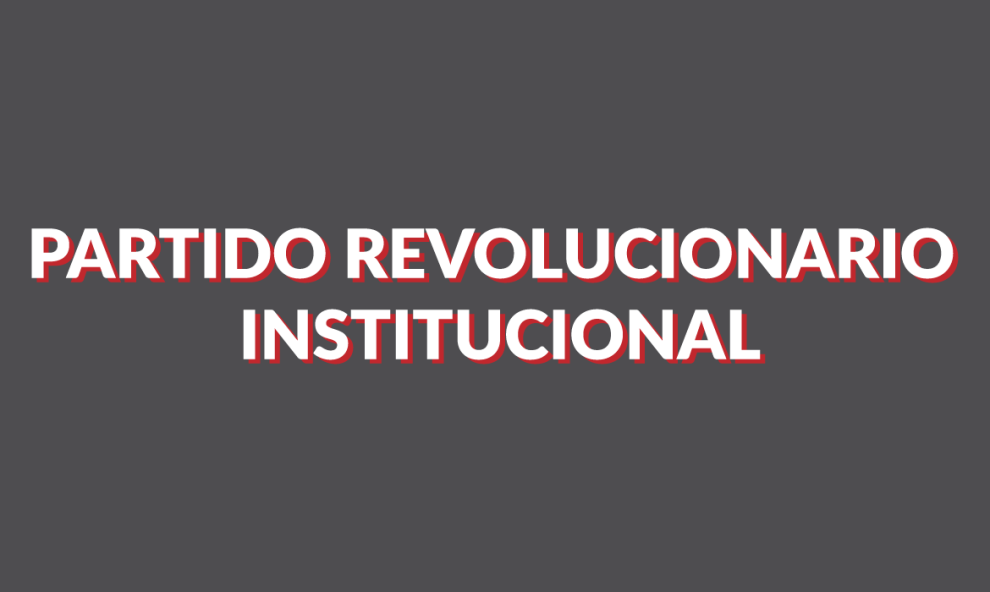For Lenin, “the organizational question is at the center of everything”. The Russian revolutionary leader was referring to the way that the Bolsheviks should organize themselves, but the principle is similarly applicable to our present reality. The country’s tiller has been inoperative for years, a situation that has been exacerbated by the poor quality of our recent governments but, above all, by the growing violence that intimidates the citizenry and that does away with opportunities for development. The least one should ask is what this situation offers for the future.
The theme exerting the greatest impact is without doubt that of violence and insecurity. Fragmentation of the drug cartels and criminal organizations has done nothing other than raise the number of deaths but, more than anything else, increase crimes against the citizenry. Until some years ago, crime comprised stealing cars, narcotrafficking, piracy, and other issues, all criminal but with relatively little impact on the man in the street. This all has remained in the past: today citizens endure raids, abductions, extortion, and a climate of violence that generates fright and ill feeling. Nothing is of greater concern for a society than this lethal combination.
The objective situation has generated enormous political controversy. The surveys show that a broad majority of Mexicans consider that the country is going badly. Many of the victims and their families clamor for solutions and politicians on the campaign trail criticize the government. Beyond the specific critiques (how to “do it better”, add “intelligence” or a “better strategy” into the mix), there are no proposals that advocate a radical break with the government’s stance. Undoubtedly, many critics are correct in that the strategy of decapitating the criminal organizations has done nothing more than splinter and multiply them. However, whenever I listen to the critics as well as to the pathetic governmental explanations, I am left with the sensation that there is more of an enormous desire to return to an idyllic past than a recognition of the true complexity of the situation.
Perhaps there is no more frequent convocation than that of negotiating with the cartels or returning to the PRIist world where criminality did exist but was administrated and, fundamentally, did not affect the population. In addition to the practical impossibility of adopting an avenue to negotiation (with whom? how to make it stick? in exchange for what?), the reality is that –whatever some gone-astray PRIists say- governments do not negotiate (nor did they in the past) but instead, they established the rules of the game -and were capable of enforcing them. During the years of the hard PRI, the government was very strong and the narcos wanted nothing other than to move merchandise from south to north. There was no territorial theme nor were there high-powered weapons. Something akin this exists in countries like the U.S. and Spain, where drug distribution is tolerated as long as there is no violence. That world disappeared in Mexico for three reasons: first, because power was decentralized (i.e., “democratized”); second, because criminal organizations began to proliferate in the country, taking advantage of the rough-riding river, and third, due to the weakness of our police and judicial power at all levels, but above all, locally.
We must not forget that this era of violence began during Carlos Salinas’ term of office. Calderón may have erred regarding the specific strategy of cutting off the heads of organizations, but the problem arose before this and, I am certain, would have grown much more rapidly had there not been a governmental response. But it is there that the fundamental problem lies: our institutions are not adequate for the challenge confronting them. The PRIist system worked because it was authoritarian, not because it was institutional, and it crumbled because that authoritarianism did not permit growth of the economy, propitiated frequent crises, and was racked with burgeoning illegitimacy. The solution will not come by way of imposition, but rather, by institutional construction.
Five years after the initiation of the war against narcotrafficking, the balance is positive in one aspect and very negative in others. It is positive in that the narcos encounter a decided and decisive government and that they no longer have unrestricted capacity of advancement and growth in their business affairs. It is negative in the numbers of violent acts, in the disintegration of the local equilibrium and, above all, in the proliferation of crimes against persons who are neither in fear of or in debt to the criminal element.
Viewed from a long-term prospective, the country has experienced two successful epochs: the Porfiriato, and the good two to three decades of growth of the PRIist era. The common denominator was centralization of power. Porfirio Díaz centralized power, combated regional caciques, ended decades of instability, uprisings, and revolutions, and gave the country some years of peace for it to prosper. The PRI pacified the country, maintained stability, and achieved an equilibrium that was conducive to growth of the economy. Both periods collapsed under the weight of their own contradictions and limitations. Those who believe that the way to the future resides in the reconstruction of power –by route of a strong, Miguel Alemán developmentalist-type government, or by means of repression and manipulation through Putin-like management of the security services-, should observe not only the collapse of hard regimes but also the prosperity of those that are democratic and consolidated. No one in their right mind could doubt the inadequacy of an attempt to reconstruct what fell to pieces, even if it were garbed anew.
Re-concentration of power is not the way out because it is adverse to the growth of businesses and the economy, the generation of wealth, and the development of individual creativity, wherein lies the future. The way out can be only one: the development of institutions that confer certainty on the citizenry, on investors, and on individuals in general. Criminality has grown because we do not have strong institutions –police, judicial power, local governments- with capacity of action and that avail themselves of a credible model and authority in the eyes of an incredulous citizenry. In other words, our problem is not criminality and violence, but the absence of State, the dearth of competent governmental institutions capable of maintaining order, imposing rules, and gaining the respect of the citizenry.
As Einstein said, “a perfection of means, and confusion of aims”, seems to be our main problem. What is shocking today, and what is worrisome, is the effrontery and brazenness of those who seek power without taking note of the causes of the disorder and the risks that everything will continue in decline. And, certainly, their responsibility in the origin of the chaos in which we find ourselves ensnared at present.
Recentralize?






Comments